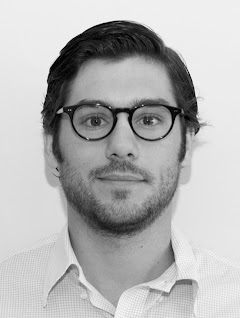Beat
I’ve spent a lot of time in different places around the world covering humanitarian issues and doing editorial features. I’m new to Reuters, and “My day with the naked cowboy” was actually my third assignment for the agency.
One Shot

“I always tell people that my main passion isn't the photography itself. It's really about the experience, the connection to people, and the constant pursuit of knowledge about this world and the people who inhabit it. To me, this image is an example of that.”
Profile
My first experience of photography was in high school, when my older brother, who is now also a photojournalist, inspired me to take photography as my required art class. A few friends and I signed up and we had a lot of fun with it. This was before the era of widespread digital photography, so we spent a lot of time in the darkroom, which was always the part of the process I looked forward to most.
My first assignment for Reuters was given to me about 30 seconds after I walked into the office, when I was told to go and photograph a high-level management meeting upstairs. I shoot with a Nikon but was given a Canon instead, which I've never used before. It threw me off a little and let's just say that it didn't turn out as well as I had hoped. But the experience was a really good lesson about how the industry works and the level at which you are required to perform, no excuses.
As a photojournalist, you have to be prepared at all times to adapt to the environment in which you are shooting, to deal with uncertainty, and to keep a strong focus on your goal.
Some years ago I was in Ethiopia photographing the ancient Rock Churches of Lalibela, when a little boy ran and grabbed my hand, saying in broken English "coffee ceremony". He led me to his house and after we had some coffee, he got out a photograph of his father in Ethiopian military uniform. He was able to express that his dad had died during the Ethiopian-Eritrean war, and he asked me to take a photograph of him with the picture. As I looked through my lens, I reflected on the complex web of interdependence that had somehow led me here, thousands of miles from home, photographing a family history that I knew nothing about. It was a profound moment for me as a photographer.
I love photographing stories that allow me the privilege of entering into other people’s lives – just like the experience I had in Lalibela.
In general I try my best not to be too concerned about my audience and just to stick my own natural vision. People who enjoy your work do so because of your ideas and style, so it’s best to trust in that and continue developing yourself.
My biggest lesson has been that you have to develop a specific aim as a photographer. What are your goals? Why do you shoot? What is your mission? In what ways do you wish for your photography to contribute to the world? Once you zero in on this, you have a clearer direction as to how you want to evolve as a shooter.
Tim Hetherington is the person I respect the most, without a doubt. He wasn't just a great photographer, he was a humanitarian first and foremost and that is what directed his work. His ability to connect deeply with the people and situations he was shooting is something I have a profound admiration for and I strive to do the same in my own photography.
